-78%
Pancreatic Surgery: Essential Insights for Busy Surgeons
Pancreatic Carcinoma: Pathologic Analysis
Understanding the intricacies of pancreatic carcinoma is crucial for effective surgical decision-making. This issue delves into the pathologic characteristics of pancreatic tumors, providing insights into their molecular biology, diagnostic criteria, and grading systems. The thorough analysis aids surgeons in assessing tumor aggressiveness, predicting prognosis, and customizing treatment strategies.
Quality Metrics in Pancreatic Surgery
Measuring and improving surgical outcomes is essential for enhancing patient care. This issue highlights the latest quality metrics specifically tailored to pancreatic surgery. Surgeons will gain valuable knowledge on monitoring surgical outcomes, identifying areas for improvement, and implementing evidence-based practices to optimize patient safety and recovery.
Antimicrobial Therapy in Severe Acute Pancreatitis
Severe acute pancreatitis presents significant challenges in managing infection. This issue provides comprehensive guidance on antimicrobial therapy, including the appropriate selection of antibiotics, optimal dosing regimens, and strategies for preventing and treating antibiotic resistance. By understanding the nuances of antimicrobial therapy, surgeons can minimize infection-related complications and improve patient outcomes.
Operative Management of Acute Pancreatitis
When conservative treatment modalities fail, surgical intervention may become necessary in acute pancreatitis. This issue covers the full spectrum of operative techniques, from minimally invasive procedures to open surgery. Surgeons will learn about the indications, risks, and benefits of each approach, enabling them to make informed decisions based on the patient’s specific needs.
Endoscopic Evaluation in Acute Pancreatitis
Endoscopic procedures play a vital role in the diagnosis and management of acute pancreatitis. This issue explores the latest endoscopic techniques, including endoscopic retrograde cholangiopancreatography (ERCP), endoscopic ultrasound (EUS), and endoscopic necrosectomy. Surgeons will gain practical insights into the use of endoscopy to evaluate disease severity, identify underlying causes, and perform therapeutic interventions.
Familial Pancreatic Cancer and Its Genetics
Pancreatic cancer exhibits a familial predisposition in a significant percentage of cases. This issue delves into the genetics of pancreatic cancer, including the identification of inherited mutations and their implications for screening and treatment. By understanding the genetic basis of pancreatic cancer, surgeons can provide tailored care to high-risk individuals and families.
Diabetes and Pancreatic Cancer
The relationship between diabetes and pancreatic cancer is complex and bidirectional. This issue examines the latest research on the associations between the two conditions, including the role of shared risk factors, molecular mechanisms, and implications for disease management. Surgeons will gain valuable insights into screening and preventive strategies for patients with diabetes and a heightened risk of pancreatic cancer.
maybe you like these too:
- Endoscopic Ear Surgery, an Issue of Otolaryngologic Clinics, 1e (The Clinics: Internal Medicine)
- Management of Gastric Cancer, An Issue of Surgical Oncology Clinics (The Clinics: Surgery) (Original PDF from Publisher)
- 2022 AGA PG Course OnDemand (Videos)
- Endoscopic Spine Procedures (Original PDF from Publisher)

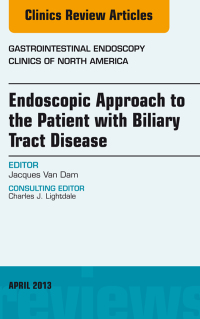
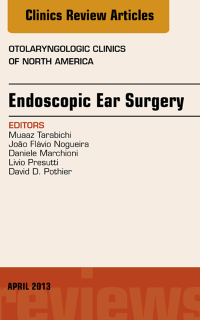
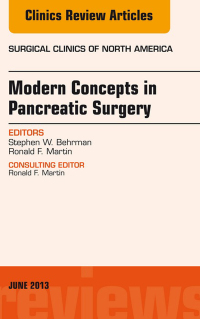
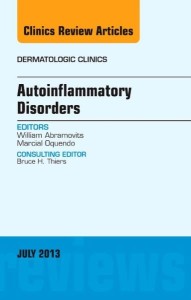
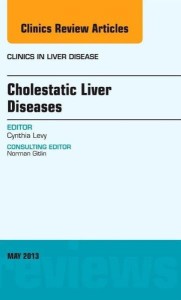
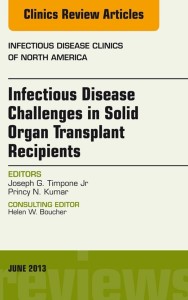
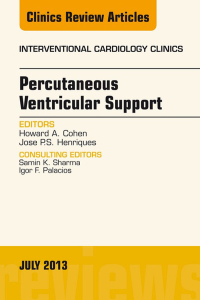
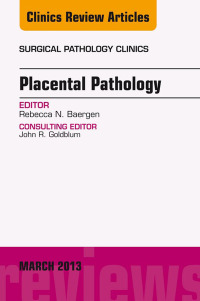
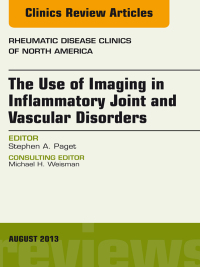
Reviews
Clear filtersThere are no reviews yet.